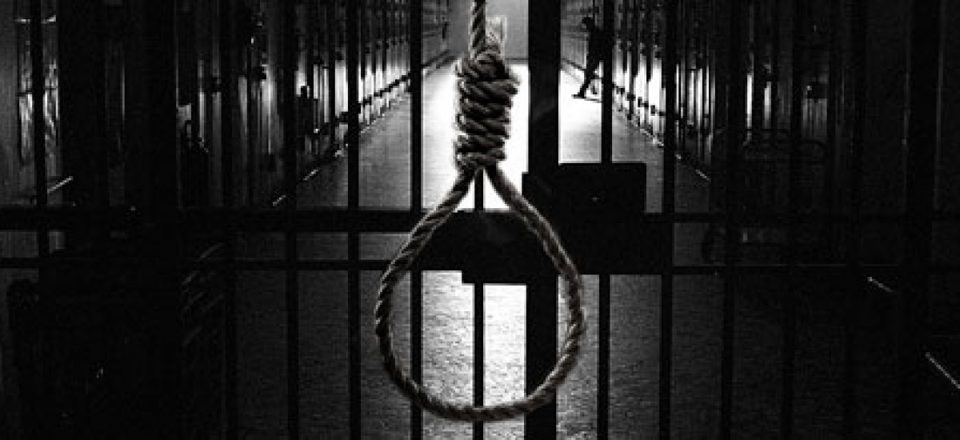“I didn’t do it, I’ve made a lot of mistakes in my life, but I’m not a murderer.
You’re killing an innocent man.”
These were Daniel Lewis Lee’s final words. Lee was executed in a US prison by lethal injection overnight. He was convicted of killing three people in 1996.
Execution by lethal injection has been legal in the United States of America since 1977. However, Lee was the first execution undertaken by the US Bureau of Prisons since 2003 after a federal moratorium on executions.
The federal moratorium ended in July 2019 after US Attorney General William Barr declared:
“The Justice Department upholds the rule of law- and we owe it to the victims and their families to carry forward the sentence imposed by our justice system.”
However, in the circumstance of Lee- the victims’ families were not supportive of his execution. Lee’s execution came after an eleventh-hour bid failed for a stay of execution. The execution was carried out anyway, in the cover of night, and the families of the victims were prevented from being there.
Execution by lethal injection has long been criticized as inhumane and barbaric.
Dennis McQuire gasped for air for 25 minutes while the lethal injection slowly took effect. Clayton Lockett died of a heart attack- not the lethal injection- 43 minutes after the start of his execution. Joseph Wood repeatedly gasped for one hour and 40 minutes before his death was pronounced. Executioners left Doyle Lee Hamm with 12 puncture marks, including six in his groin and others that punctured his bladder and penetrated his femoral artery- before his execution was called off.
Lee’s execution paves the way for others on death. Death row inmates Wesley Ira Purkey, Dustin Lee Honken and Keith Dwayne Nelson could be executed this month.





